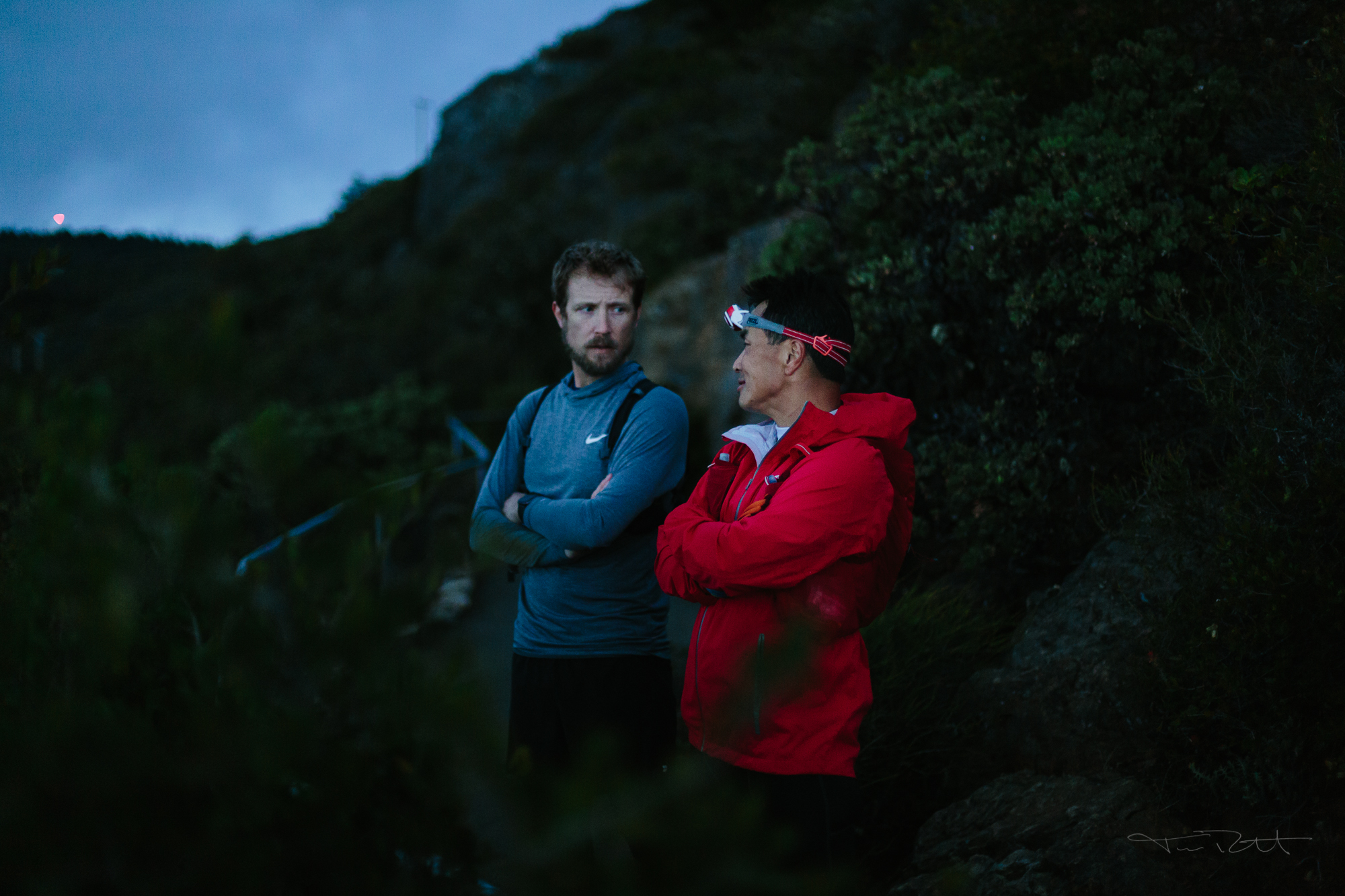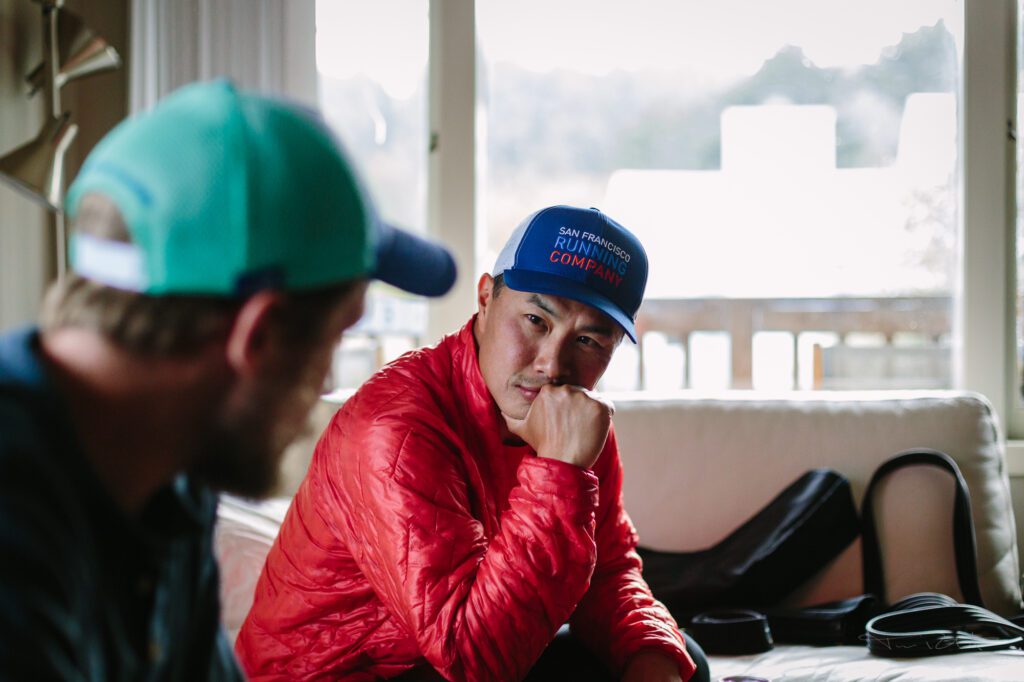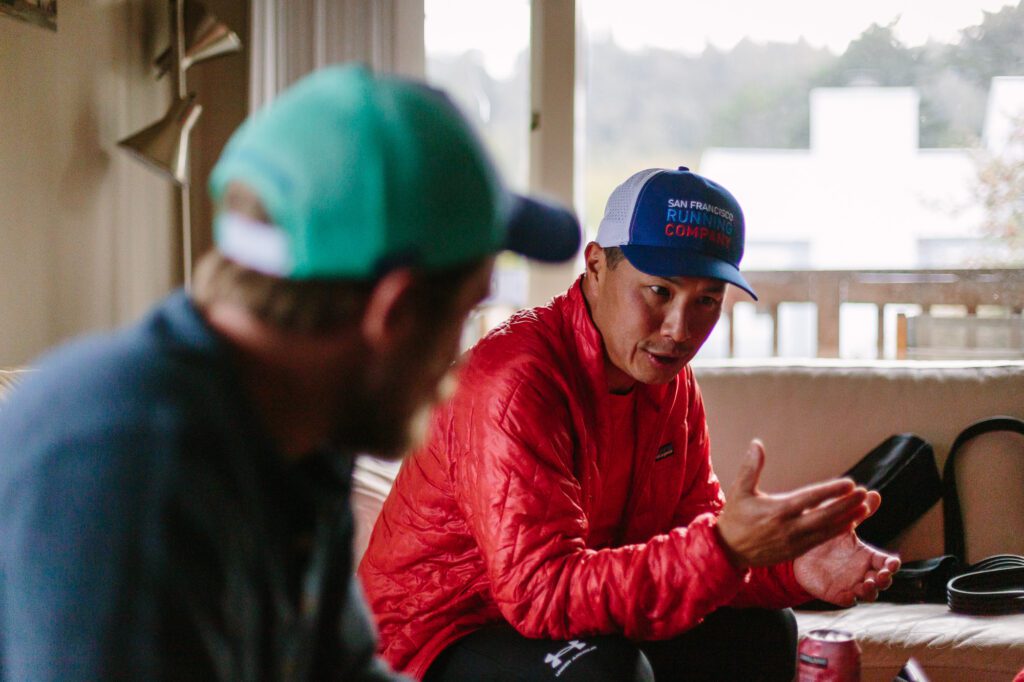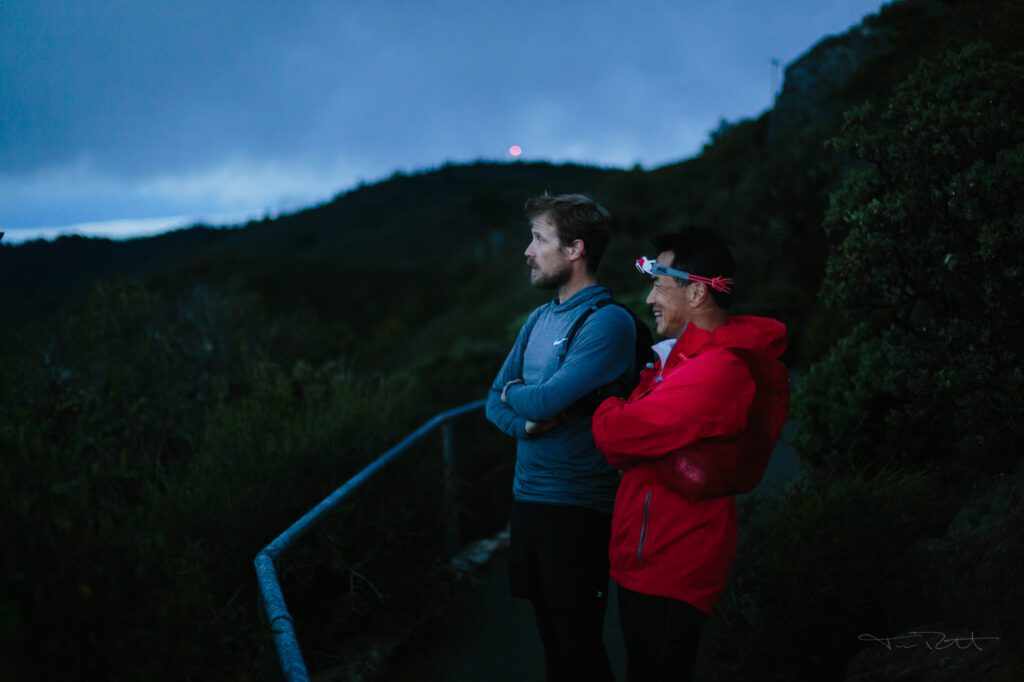

I’ll move to write something personal only for the words to scatter like spooked minnows. Just—poof!—gone, as if the plug has been pulled on my thoughts. Sometimes I liken my brain to an old switchboard, a long bank of varnished hardwood outfitted with jacks and junctions and cables. Only my switchboard is operated by a gremlin.
And it’s made a mess of all the transfers.
Michael, I’ve been trying to write this for weeks now. But the words—the right words—have evaded me. Like minnows, they’ve vanished. A simple thank you seems slight; I feel like I owe you so much more than that. And, worse, I feel it’s long overdue, which, frankly, is making me anxious. So, having grown impatient waiting for the right words to gather, I’m just going to plow through—minnows and gremlins be damned—because, at the very least, you did teach me a way to do that: Relentless forward progress, right?

So, here goes:
Michael, I get it now. Your methods, your advice, your mantras (Go slow to go far, for example), they’re clearer in retrospect. Slowing down, learning how to hike effectively, finding that purposeful, sustainable pace, I get it. All the questions you asked and data you requested—previous splits and topographical profiles and nutritional information—all the useful material that I had previously failed to collect, I get it. Establishing a Plan A and a Plan B, then planning for both of them to go to shit, I get that now too.
And learning to let go?
You and I have already talked about that.
However, if there is an overarching takeaway from Potawatomi, it’s this: Michael, as my crew chief, you taught me that what I was lacking, more than ability or desire or patience, was respect. I had no respect for what I was trying to do. I didn’t respect the distance or the land or the process. Each DNF had given me new information that I could’ve applied to each subsequent attempt; yet I never capitalized on any of it, almost actively refusing to make a plan.
You changed that.
What’s more, you also showed me how to respect others enough not just to ask for their help, but to trust-fall into it.
Which brings me to Tam.

Michael, when we met in that apartment in Mill Valley, I had difficulty accounting for what I was seeing and hearing. More than once, I found myself untrusting of the room—it’s dimensions and dynamic, who was coming and going, what was being offered and said. Sometimes I was unable to discern whether I was being put upon or not. Everything felt over-the-top, almost too idyllic. Mill Valley’s tucked-away beauty. Kendall’s kingly offerings of food. The mellow, predawn sparkles off the bay. The vibe was communal and calm, yet focused, and—honestly—I struggled to relate. But that’s on me. You would be away in the bedroom, or at the table eating noodles, and those who came to run with you—having only just met me, knowing only that I was a writer—would open up unprovoked and start talking. Michael is so inspiring, they’d say. So selfless, they’d say. He’d do anything for anyone, they’d say.
And, like a cynical asshole, I kept thinking, No one is this unselfish.
But, Michael, I was wrong.
All those people who came out to support you on Tam were not only right, but mirrors reflecting your boundless generosity and support. I hope whatever your next adventure is, big or small, that I might be able to repay your kindness and join you. Not as a writer or an acquaintance, but as a friend.
A true friend.
Relentless forward progress. It works. Look at all the minnows, Michael.
They’ve come back.

Photos: Tim Roberts @forbydigital
